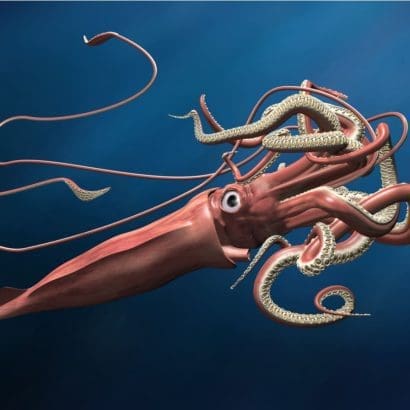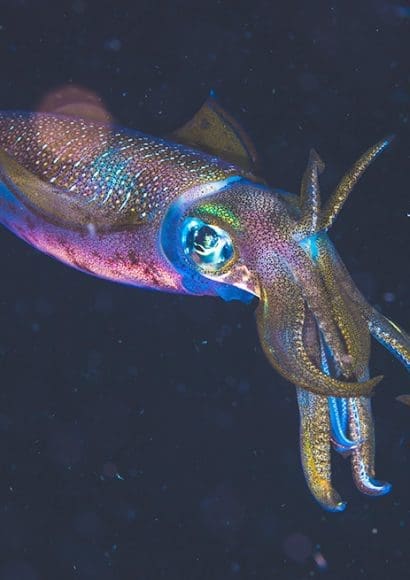
In recent years, the giant squid (Dosidicus gigas) has captured the attention of fishermen and marine enthusiasts worldwide. With its remarkable size and elusive nature, the giant squid has become a subject of fascination and intrigue. However, recognizing the potential negative impact of intensive fishing on marine ecosystems, several countries have taken proactive measures to protect this iconic species. This article explores countries where giant squid fishing is prohibited, shedding light on the importance of safeguarding marine life and maintaining ecological balance.
Giant squid, known for their immense size and mysterious behavior, play a crucial role in marine ecosystems. As apex predators, they help regulate the population of their prey species, contributing to the overall health and balance of the oceanic food web. However, overfishing and unregulated exploitation pose significant threats to giant squid populations, potentially destabilizing delicate marine ecosystems.
To address these concerns and ensure the long-term sustainability of giant squid populations, countries around the world have implemented strict regulations and prohibitions on their fishing activities. By enacting laws and protective measures, these nations aim to safeguard not only the giant squid but also the broader marine environment that depends on its ecological role.
Contents
Why is the Protection of Squids Important?.
The protection of squids is of utmost importance for various reasons. These remarkable marine creatures play a crucial role in maintaining the health and balance of marine ecosystems. Here are some key reasons why their protection is vital:
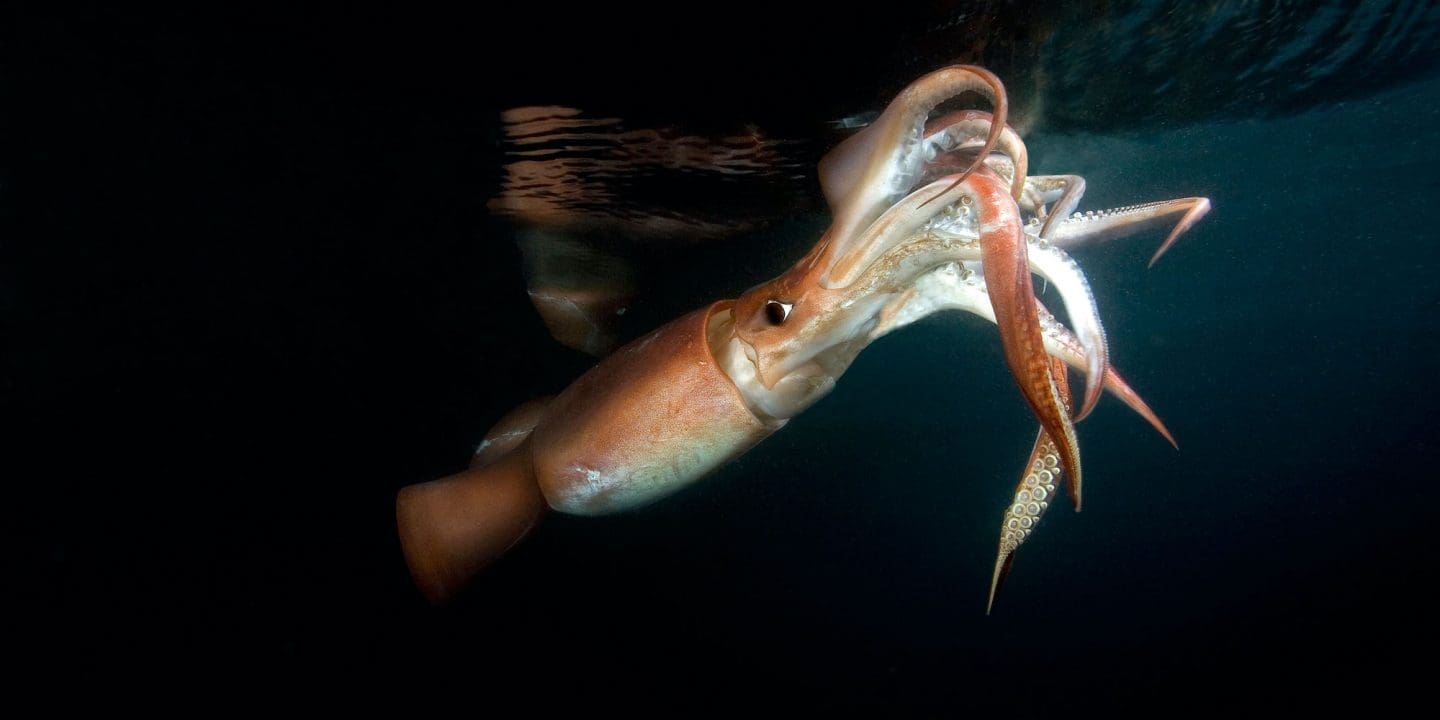
Biodiversity and Ecosystem Health:✔
Squids are an essential part of the marine food chain. As prey for numerous predators, including larger fish, seabirds, and marine mammals, they contribute to the overall biodiversity and ecological balance of the oceans. Their removal or decline in numbers can have ripple effects throughout the entire ecosystem, disrupting the natural balance and potentially leading to cascading ecological consequences.
Trophic Control:✔
Squids occupy an important position as voracious predators in the marine food web. They help regulate the populations of their prey species, which can include smaller fish, crustaceans, and other invertebrates. By controlling the abundance of their prey, squids prevent population explosions and maintain the ecological equilibrium within their habitats.
Nutrient Cycling:✔
When squids feed on smaller organisms, they contribute to the recycling of nutrients in the marine environment. Through predation and digestion, they release nutrients back into the water column, enriching the ecosystem and supporting the growth of other organisms. This nutrient cycling process is vital for the overall productivity and sustainability of marine ecosystems.
Research and Scientific Understanding:✔
Squids, particularly the giant squid, are still largely enigmatic creatures with much to be discovered about their behavior, biology, and ecological roles. Protecting squids allows scientists and researchers to study these fascinating animals, advancing our knowledge of marine ecosystems and enhancing our understanding of the oceans’ intricate web of life.
Economic and Cultural Value:✔
Squids have significant economic value for many coastal communities worldwide. They serve as an important food source, supporting local fisheries and providing livelihoods for fishermen. Additionally, squids contribute to the cultural heritage and traditions of various societies, featuring prominently in local cuisines, art, and folklore.
Conservation of Marine Biodiversity:✔
Safeguarding squids is part of a broader effort to conserve marine biodiversity. By protecting these species, we contribute to the preservation of the overall health and resilience of marine ecosystems, ensuring the sustainability of fisheries, and safeguarding the habitats and survival of other marine organisms.
If you want to learn more about giant squids, click here.
Protection against Overexploitation of Squid Fishing in Peru.
Peru, a country known for its rich marine biodiversity, has recognized the need to protect its valuable squid populations from overexploitation. With the aim of ensuring the sustainability of this vital marine resource, Peru has implemented stringent measures and laws to regulate squid fishing activities.
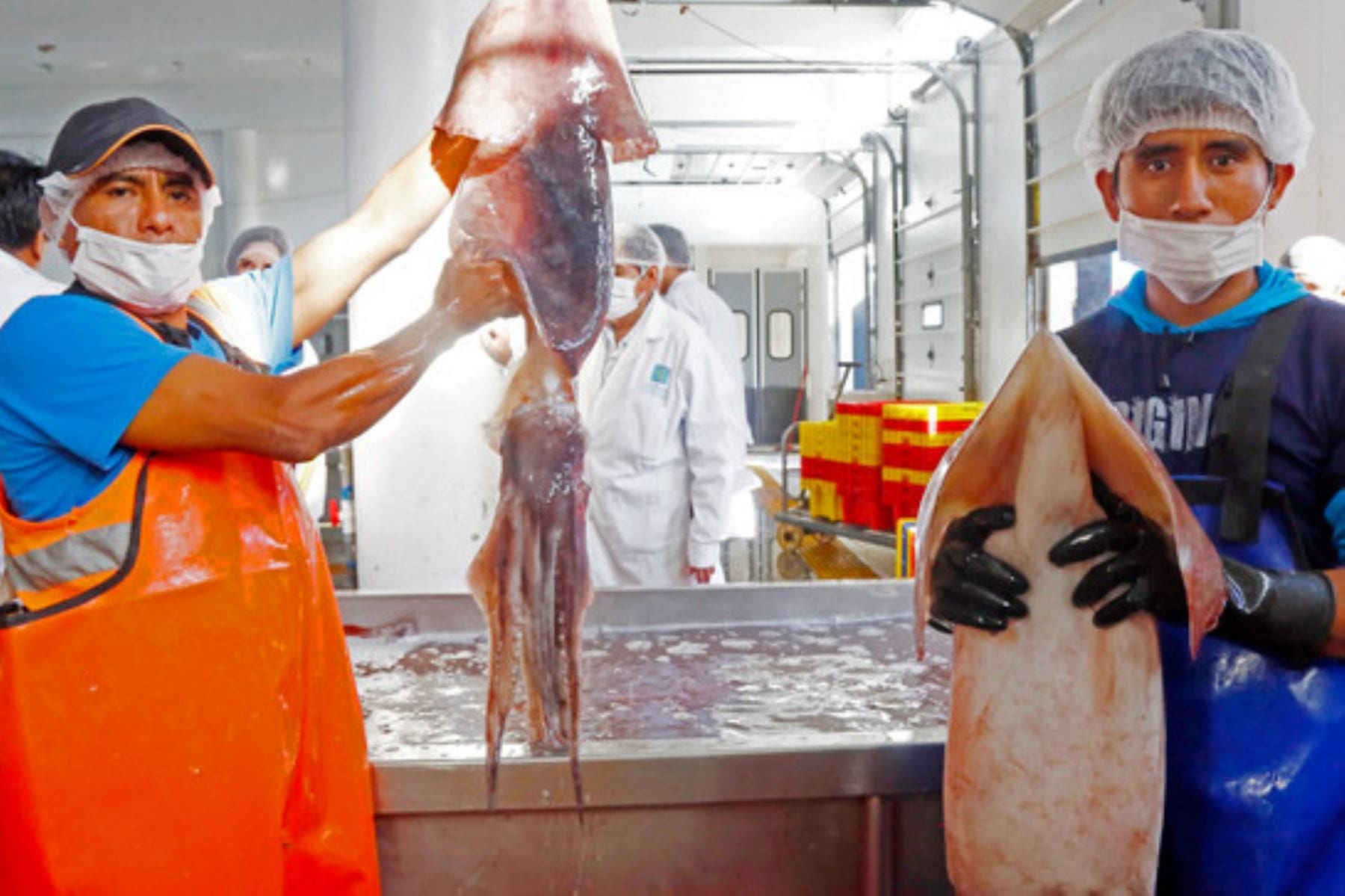
Laws and Regulations:
Peru has enacted the Law for the Protection of Giant Squid (Ley de Protección del Calamar Gigante) to address the overfishing of squid and promote sustainable fishing practices. This law establishes strict regulations and guidelines for the management and conservation of squid populations. Some key provisions of the law include:
Fishing Seasons and Quotas:
The law sets specific fishing seasons and quotas to prevent excessive fishing during critical periods, such as the squid’s reproductive cycles. These measures help protect the squid populations during their vulnerable stages, ensuring their sustainable growth and reproduction.
Size Restrictions:
The law establishes size restrictions for squid catches. It specifies the minimum size that squid must reach before they can be legally harvested, aiming to allow individuals to mature and reproduce before being caught, thus maintaining the population’s reproductive capacity.
Gear and Fishing Methods:
Peru regulates the types of gear and fishing methods that can be used in squid fishing. This ensures that only sustainable and responsible fishing techniques are employed, minimizing bycatch and reducing the negative impact on other marine species.
Monitoring and Enforcement:
The law emphasizes the importance of monitoring and enforcing compliance with the regulations. Surveillance measures, such as regular patrols and inspections, are conducted to detect and prevent illegal fishing activities. Violations of the fishing regulations can lead to penalties and legal consequences.
Penalties and Condemnations:
Peru takes violations of squid fishing regulations seriously and imposes penalties to deter illegal practices. Some of the penalties and condemnations for non-compliance with the fishing laws include:
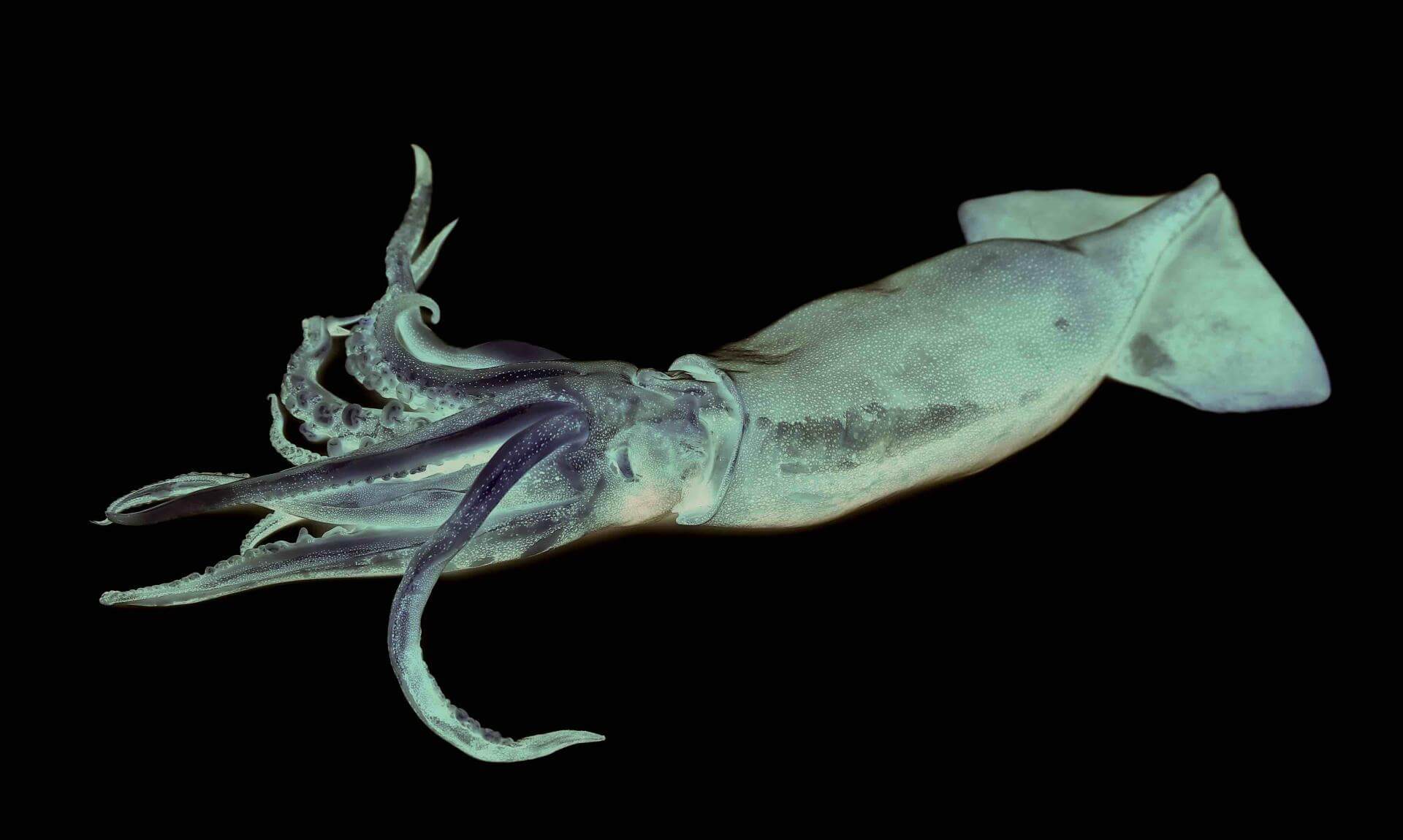
Fines:
Individuals or fishing companies found guilty of violating the regulations may face substantial fines. The amount of the fine depends on the severity of the offense and the scale of the violation.
License Revocation:
In cases of repeated or severe violations, the authorities have the power to revoke fishing licenses. This measure ensures that habitual offenders cannot continue exploiting squid populations.
Legal Consequences:
Violators of the fishing laws may face legal consequences, including criminal charges and potential imprisonment. These penalties serve as a strong deterrent and underline the gravity of overexploiting squid populations.
Protection against Overexploitation of Squid Fishing in Chile.
Chile, a country with a vast coastline and abundant marine resources, recognizes the importance of protecting its squid populations from overexploitation. To ensure the sustainability of this valuable marine resource, Chile has implemented rigorous measures and laws to regulate squid fishing activities.

Laws and Regulations:
Chile has enacted the Law of Fisheries and Aquaculture (Ley de Pesca y Acuicultura) to address the issue of overfishing and protect its squid populations. This law includes provisions specifically aimed at managing and conserving squid resources. Key aspects of the law include:
Temporal Closures:
Chile establishes temporary closures or fishing bans during critical periods, such as the reproductive cycles of squid. These closures aim to protect the spawning populations, allowing them to reproduce and ensuring the sustainability of the resource.
Catch Limits and Quotas:
The law sets catch limits and quotas for squid fishing activities. These restrictions help prevent excessive exploitation and promote sustainable fishing practices, ensuring that the squid populations are not depleted beyond their ability to recover.
Gear and Fishing Methods:
Chile regulates the types of gear and fishing methods that can be used for squid fishing. This ensures that only environmentally friendly and sustainable techniques are employed, reducing the impact on non-target species and minimizing damage to marine ecosystems.
Research and Monitoring:
The law emphasizes the importance of scientific research and monitoring to inform decision-making and ensure the effectiveness of conservation measures. Regular monitoring and assessment of squid populations help determine the health of the stocks and guide management actions.
Penalties and Condemnations:
Chile takes non-compliance with fishing regulations seriously and imposes penalties to deter illegal practices. Some of the penalties and condemnations for violations related to squid fishing include: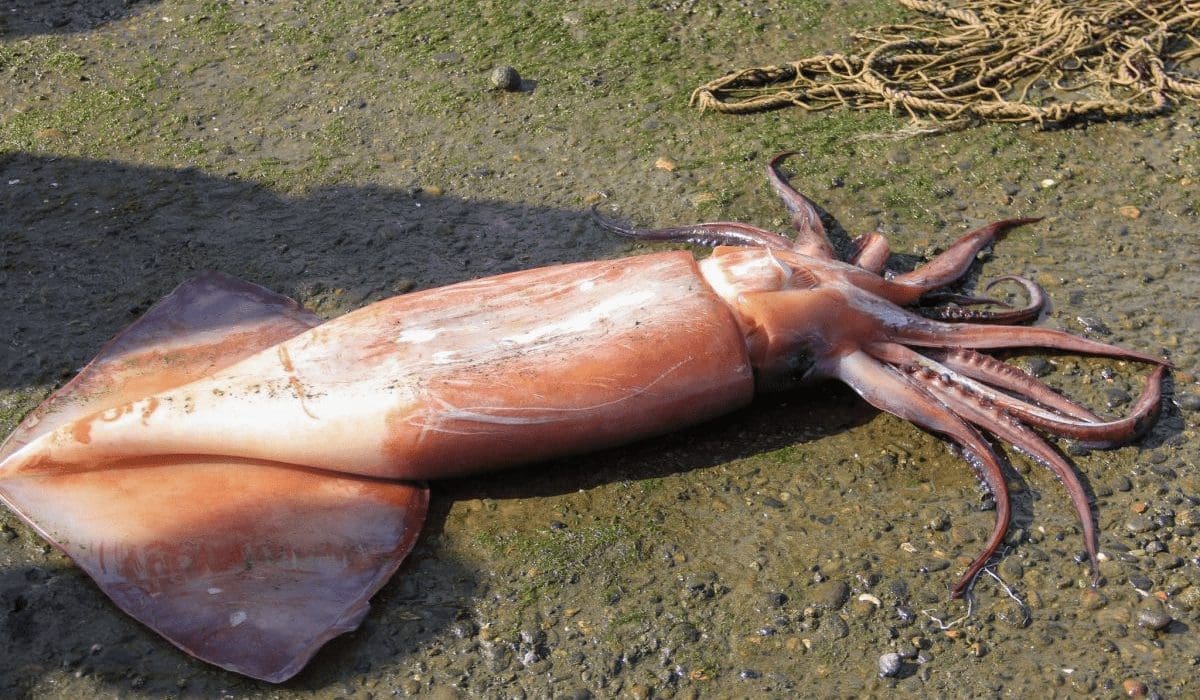
Fines:
Individuals or fishing companies found guilty of breaching the fishing regulations may face substantial fines. The amount of the fine depends on the severity of the offense and the scale of the violation.
License Suspension or Revocation:
In cases of repeated or severe violations, fishing licenses can be suspended or revoked. This serves as a strong deterrent and ensures that habitual offenders cannot continue exploiting squid populations.
Legal Consequences:
Violators of the fishing laws may face legal consequences, including criminal charges and potential imprisonment. These penalties highlight the seriousness of overexploiting squid populations and reinforce the commitment to conservation.
Protection against Overexploitation of Squid Fishing in Mexico.
Mexico, a country blessed with extensive coastal areas and diverse marine ecosystems, recognizes the significance of safeguarding its squid populations from overexploitation. To ensure the sustainable management of this valuable marine resource, Mexico has implemented comprehensive measures and laws to regulate squid fishing activities.
Laws and Regulations:
Mexico has established a legal framework to manage and conserve its squid populations effectively. The General Law of Fisheries and Aquaculture (Ley General de Pesca y Acuacultura) serves as the primary legislation governing fishing activities in the country. Pertaining to squid fishing, the following laws and regulations are particularly relevant:
Fishing Seasons and Closures:
Mexico employs fishing seasons and temporary closures to protect squid during critical periods, such as their spawning and reproductive cycles. These measures aim to safeguard the squid populations during vulnerable stages, allowing for successful reproduction and ensuring their long-term sustainability.
Catch Limits and Size Restrictions:
The law imposes catch limits and establishes size restrictions for squid catches. These regulations help prevent excessive fishing and ensure that squid have the opportunity to reach reproductive maturity before being harvested. By setting size restrictions, Mexico safeguards the reproductive capacity of squid populations.
Gear and Fishing Methods:
Mexico regulates the gear and fishing methods used in squid fishing to minimize bycatch and reduce environmental impact. This includes specifying allowable gear types, such as selective fishing gear that targets squid while minimizing the capture of non-target species.
Research and Monitoring:
Mexico emphasizes the importance of scientific research, monitoring, and data collection to inform decision-making processes. Through regular monitoring and assessment of squid populations, Mexico can better understand the health and trends of the stocks, enabling adaptive management measures to protect against overexploitation.
Penalties and Condemnations:
Mexico enforces penalties and condemnations for violations of fishing regulations to deter illegal practices and ensure compliance with conservation measures. Some of the penalties and condemnations related to squid fishing include: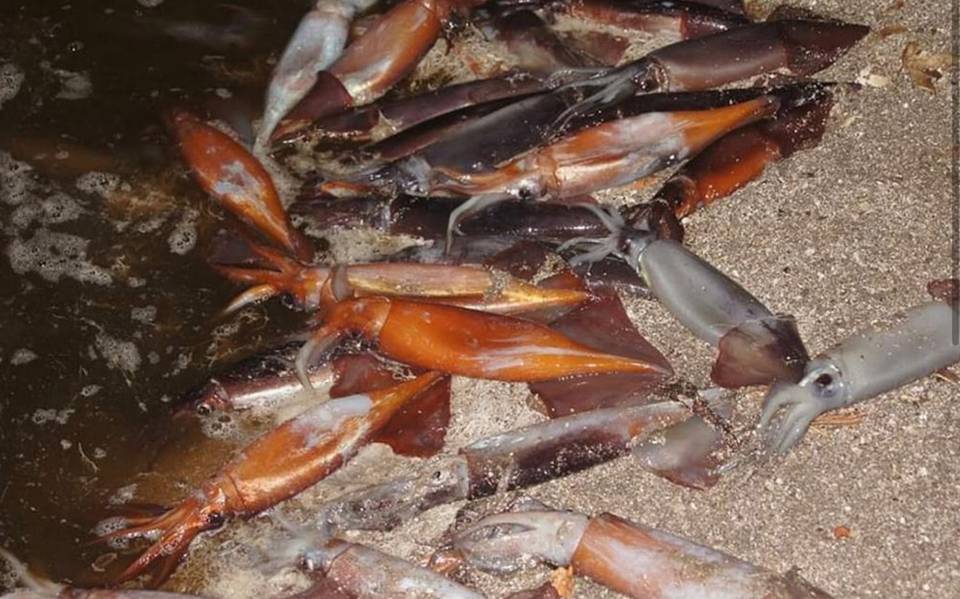
Fines:
Individuals or fishing enterprises found guilty of breaching fishing regulations may face fines. The amount of the fine depends on the severity of the offense and the impact on squid populations.
License Suspension or Revocation:
In cases of repeated or severe violations, fishing licenses can be suspended or revoked. This measure ensures that habitual offenders are unable to continue fishing and depleting squid populations.
Legal Consequences:
Violations of fishing regulations may lead to legal consequences, including criminal charges and potential imprisonment. These penalties highlight the seriousness of overexploitation and emphasize the commitment to protect squid populations and maintain marine biodiversity.
Protection against Overexploitation of Squid Fishing in Spain.
Spain, a country with extensive coastline and rich marine biodiversity, recognizes the importance of protecting its squid populations from overexploitation. To ensure the sustainability of this valuable marine resource, Spain has implemented robust measures and laws to regulate squid fishing activities.
Laws and Regulations:
Spain has established a legal framework to effectively manage and conserve its squid populations. The General Fisheries Law (Ley de Pesca) serves as the primary legislation governing fishing activities in the country. With regards to squid fishing, the following laws and regulations are particularly relevant:
Fishing Licenses and Permits:
Spain requires fishing vessels engaging in squid fishing to obtain the necessary licenses and permits. This regulatory measure ensures that only authorized and responsible fishermen are allowed to participate in squid fishing activities, reducing the risk of overexploitation.
Fishing Quotas and Total Allowable Catches:
Spain sets fishing quotas and total allowable catches (TACs) for squid species. These quotas establish the maximum amount of squid that can be legally caught within a specified period, preventing excessive fishing and promoting sustainable practices.
Size and Mesh Regulations:
Spain enforces regulations regarding the minimum size of squid that can be captured and the mesh size of fishing nets used. These regulations aim to protect juvenile squid and ensure the reproduction and growth of squid populations.
Closed Areas and Temporal Closures:
Spain designates closed areas where squid fishing is prohibited or restricted. These areas serve as important spawning grounds and habitats for squid, allowing them to reproduce and replenish their populations. In addition, temporary fishing closures may be implemented during specific periods to protect squid during critical life stages.
Penalties and Condemnations:
Spain enforces penalties and condemnations to deter non-compliance with fishing regulations and prevent overexploitation of squid populations. Some of the penalties and condemnations related to squid fishing include: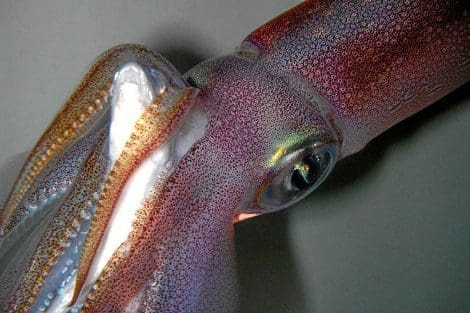
Fines:
Individuals or fishing companies found guilty of violating fishing regulations may face fines. The amount of the fine depends on the severity of the offense and the impact on squid populations.
License Suspension or Revocation:
In cases of repeated or severe violations, fishing licenses can be suspended or revoked. This measure ensures that habitual offenders are unable to continue fishing and exploiting squid populations.
Confiscation of Fishing Gear:
Spain has the authority to confiscate fishing gear used in illegal fishing activities, including squid fishing. This action serves as a deterrent and prevents further harm to squid populations.
Legal Consequences:
Violations of fishing regulations may lead to legal consequences, including criminal charges and potential imprisonment. These penalties underscore the seriousness of overexploitation and emphasize Spain’s commitment to the protection of squid populations.

